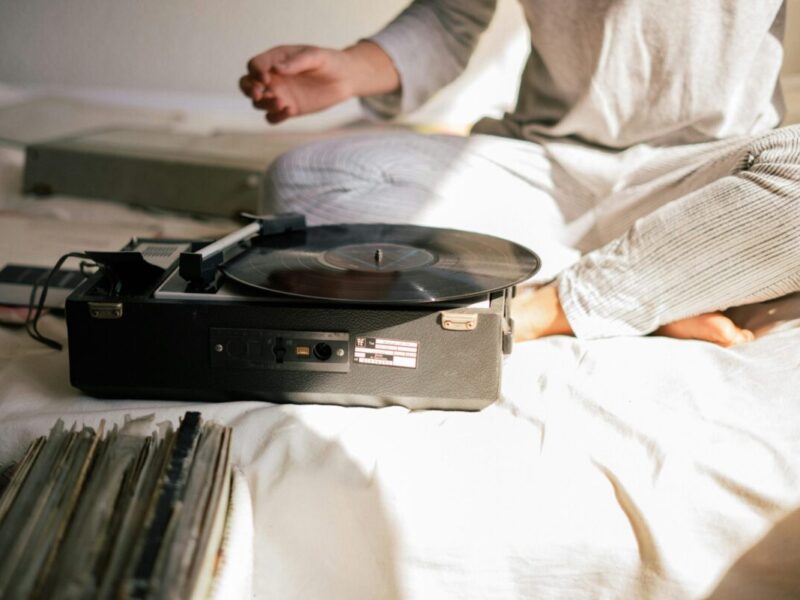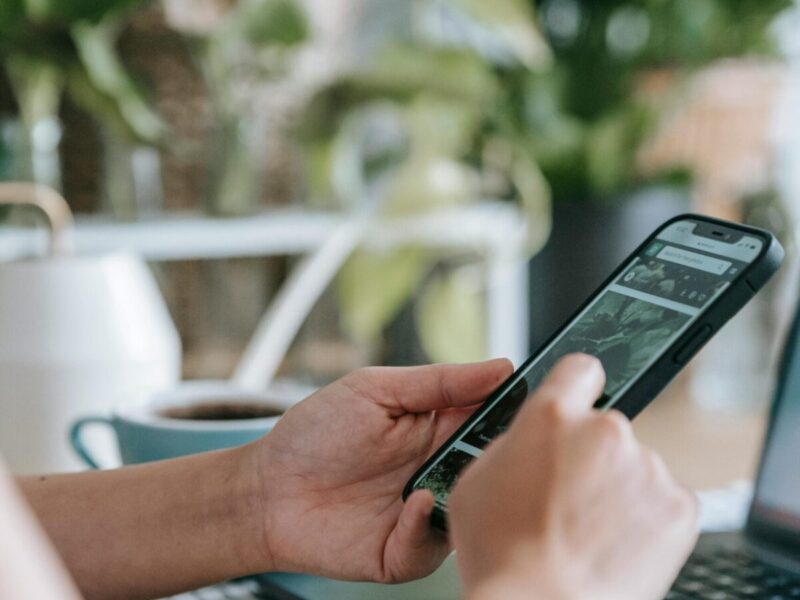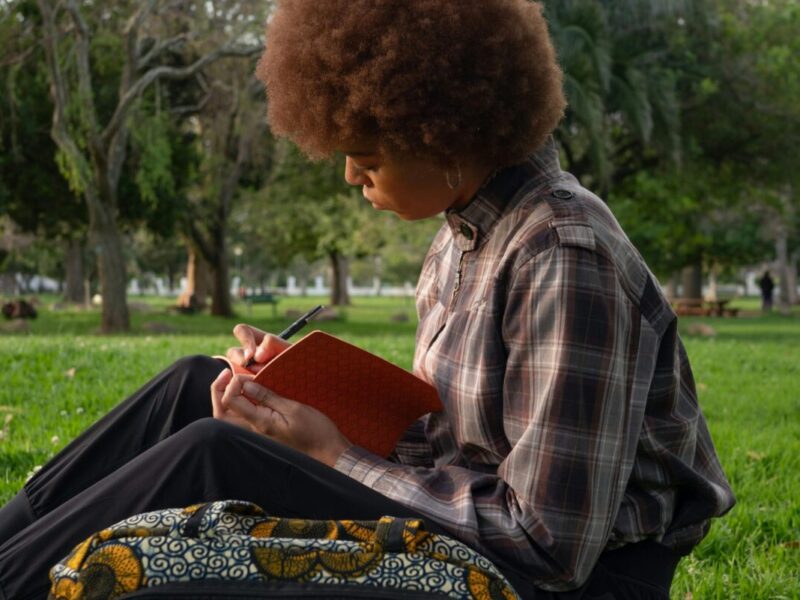It seems as though we can’t talk about modern poetry without talking about social media. Social platforms, particularly Instagram, have changed the way we consume poetry, making this genre more accessible than ever.
As a writer, sharing your work with other writers is an important part of the creative journey. It helps foster growth and allows room for feedback and constructive critique to help your work fully blossom. However, the idea of sharing your writing on social media can feel like an extremely vulnerable experience.
Let’s take a brief look into two popular platforms for sharing poetry, Instagram and Medium, and see what these spaces have done for other poets.
“Insta poets” is a word I’m hearing a lot lately. Sharing poetry on Instagram has created a direct connection from the writer to their audience and strayed away from the alienation that can come with convoluted language and complicated forms. While complex language isn’t necessarily bad, it has dissuaded a number of readers from reading any poetry. Instead, poets sharing their work on Instagram are focusing on translating universal emotions and gaining instant understanding from readers. Modern poets today are defining poetry as a genre for the millennial generation as this art form is now being celebrated as “gateway poetry.”
Many poets sharing their work online have achieved amazing success and have become household names. The most famous poet of Instagram is Rupi Kaur, whose poetry has reached an outstanding level of popularity and recognizability as her words have spread like wildfire throughout the internet and in every book store. Poets like Charly Cox and Yrsa Daley Ward are taking Instagram by storm, not to mention others like Nayyirah Waheed, Tyler Knott Gregson, Amanda Lovelace, and Lang Leav. Within this diverse group of poets, one could argue that it is because of Instagram that they moved from social media to print poetry.
But some writers don’t agree with being labeled as a social media poet. “A poet is a poet. I actually hate that term “instapoet” because it implies that it isn’t real poetry. I personally think it’s all poetry”, said poet, Dae, in an interview with Write or Die Tribe. “Just because some may not value it as such doesn’t make it any less true. There’s a lot of amazing work by talented writers out on social media . . . You really can’t hold onto what you think poetry should be, for that will limit the art form in itself.”
But despite labels, modern poetry is pushing for diversity and addressing radical issues in a time where many perspectives need to be heard, and many of these battle cries have debuted on Instagram.
Medium
If Instagram feels too crowded or overwhelming for you, Medium is another popular platform for sharing poetry. Medium also provides a level of community like Instagram, but you might find a different type of audience reading your work.
Lebanese poet Jessica Semaan, whose debut poetry collection Child of the Moon just released in January, was discovered because of her presence on Medium. Feeling as though Instagram was too cramped for her liking, Semaan created a Medium profile. Her talent, vulnerability and persistence on this platform eventually led the right eyes to read her work, and she was offered a book deal. (Here is a great article with tips on how to get your poetry noticed on Medium)
Medium is also a place were poets can get paid for their work. With membership-only options, writers can publish their pieces for a specific audience who is paying Medium, who in turn pays you. (Check out this poet’s experience if you want more information.)
Medium, just like Instagram, also allows you to get instant feedback on your work. This can be a pro and a con as people who are not avid readers or writers can be shouting fruitless opinions at you that aren’t going to benefit your editing process. Medium, with a more selected audience, could offer constructive criticism, but again, you can’t always be sure.
Nonetheless, Medium has a neat and clean set up to keep your work orderly and accessible to readers.
So what can aspiring poets take from this? Should we be sharing our work on social media at all?
If you are interested in my opinion, I say yes. The more unique voices out there, the better. The better and tougher you will become as a writer as you free your words into an extremely vulnerable place. Let your voice be heard. I say celebrate your diversity, your identity, your individually. Let us read your soul.




